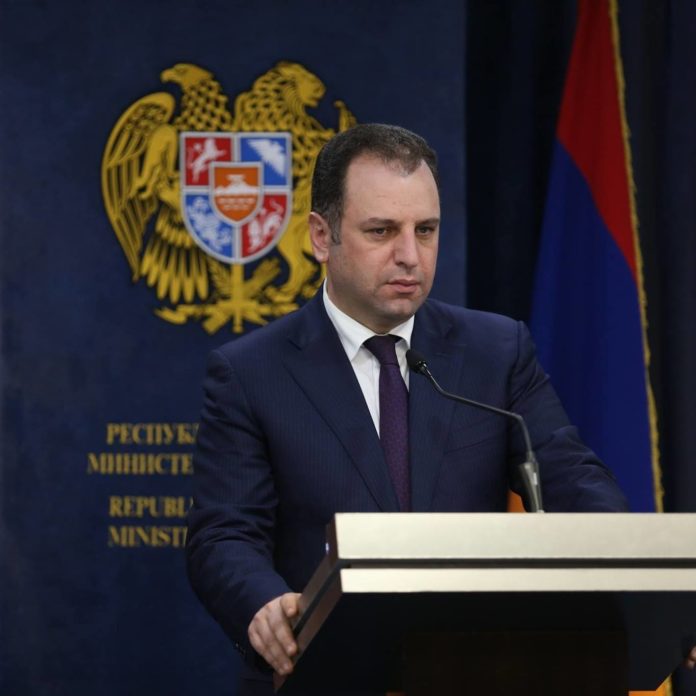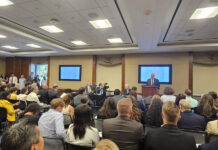When in 2015 Armenia commemorated the Centennial of the Armenian Genocide, there were skeptics, who cynically commented that history shall be left to historians. “One shall not be a hostage of one’s own past,” they argued, repeating the mantra about the difference between the Republic of Turkey and the Ottoman Empire. This thesis is not self-born; it is a brainchild of the bloodiest dictator currently in power in the entire Eurasian continent – Turkish President Recep Tayyip Erdogan. He has made many attempts to push away any calls for recognition and condemnation of the Armenian genocide, which in the future paved the way for the Holocaust, and other grave crimes against humanity. He even tried to sugarcoat the genocide in Darfur, Sudan. Despite a series of recognitions by leading world powers, including Germany, Turkey’s ally in World War I, whose President Gauk spoke of German compliance in that crime in his speech in Berlin Cathedrial on April 23, 2015, Turkey continues to deny and disregard the calls of the European Parliament, its international partners, and its own civil society.
Many, including my own people, often refer to the Genocide as a Great Calamity, a tragedy. As the Chief Coordinator of the Centennial, I have many times stated in my interviews, editorials, and comments that genocide is first of all a crime, and only its consequences are a tragedy, a calamity. And the difference is clear: tragedy solicits sympathy, but crime asks for punishment. Without recognition and punishment, there is no way to prevent repetition of the crime.
Denial of a genocide has direct consequences and implications. Leaving the history of World War II and fascism to the historians, leaving the history of dictatorial regimes in Latin American countries to the historians, leaving the history of slavery and extermination of Native Americans to the historians would be a clear path to repetition of those terrible crimes. Words are insufficient to prevent these events. Recognition, punishment, and incorporation of lessons learned into political decisions is essential to the task of prevention of the repetition of the crime of Genocide.
I have often heard from my foreign friends that Armenians seem to be exaggerating. “It is not the same Turkey now,” they would say. Arguments included Turkey’s constraints as a member of NATO, as an aspirer to the European Union, as a major player in G-20 and with a dynamically developing economy. Many would refer to the empowered civil society, Turkish intellectuals, and modern secular state structure.
Recep Erdogan is once again on the offensive – in Libya, Iraq, Syria, Eastern Mediterranean, and now South Caucasus. After decades of openly and covertly funding, arming, training, and supporting Azerbaijani military, he now openly engages proxy terrorist groups from Syria. Using Turkish aviation, armaments and military personnel to support a full-scale offensive of Azerbaijani army against the people of Nagorno Karabakh, whose only claim is for the right for self-determination. Since 1969 Azerbaijan itself has been ruled by an oil-rich dictatorial dynasty of Aliyevs. With Turkey they have consistently stated that they are “one nation living in two states.” People of Artsakh will never be part of that one nation or the two states.
As I was writing this op-ed, the news came of a Turkish F-16 supporting military operation of Azerbaijani forces against peaceful villages on the territory of the Republic of Armenia. Minutes later that same plane targeted and hit a military airplane of the Armenian armed forces within the territory of Armenia.








